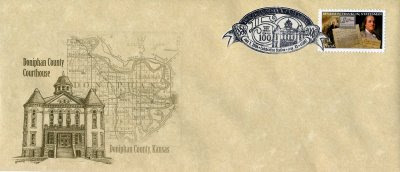L'Archiduchesse is appearing in a theatrical performance and I had intended to wish her luck. Then I recalled that one wasn't supposed to do that so I sent her a message
saying 'Break a Leg'.
While the idea behind the phrase is quite old, possibly dating from medieval belief in malevolent spirits, "break a leg" itself is fairly recent. It was whispered in theatre circles starting in the 1920s or 30s, and first appeared in print around in 1957 when a play with that name was performed.
The exact origin of "break a leg" isn't clear. Several etymology resources note the phrase's similarity to a German saying
hals und beinbruch, meaning "neck and leg break." It is sometimes said that the German expression is actually a corruption of a Hebrew blessing
hatzlakha u-brakha, “success and blessing”, which may have been borrowed via Yiddish. It's used to mean good luck. One theory is that German-speaking or Yiddish-speaking Jews brought the saying with them to America early in the 20th century. Many of these immigrants worked in the theatre, so the translated phrase spread.
There is the possibility, however, that it referred to the actors bending their knees at the end of the performance to take a bow when the play had gone well. Other potential origins that get a mention here or there include the fact that Sarah Bernhardt had a leg amputated and her success was such that even to mention her name was considered good fortune in acting circles. One person who literally broke his leg on stage was John Wilkes Booth when he jumped down onto the stage after assassinating Lincoln! Not much luck for any of them in that!
'Break a Leg' belongs with other superstitions, such as that it is bad luck to whistle in a theatre, that you should never utter the final line of a play at the dress rehearsal, or that you must never say the name MacBeth (referring to it instead as The Scottish Play). Actors have always been a superstitious bunch, as you might expect from a profession in which employment is sporadic, audiences fickle and reputations fragile.



























